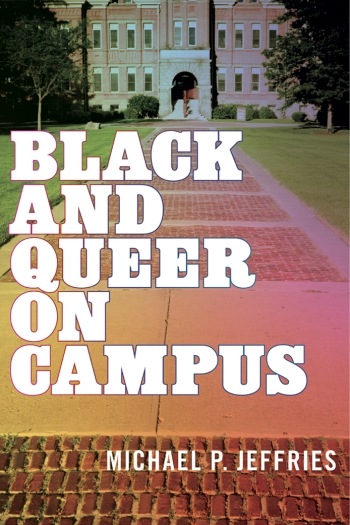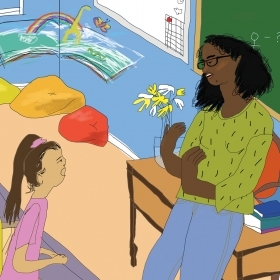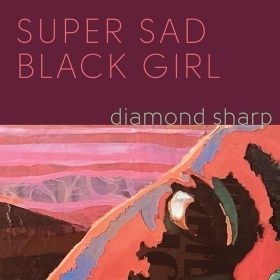For his new book, Class of 1949 Chair in Ethics, Professor of American Studies, and Dean of Academic Affairs Michael P. Jeffries interviewed 65 Black LGBTQ+ students at more than two dozen schools, 40 at historically Black colleges and universities (HBCUs) and 25 at predominantly white institutions.
How did Black LGBTQ+ students characterize their experience at HBCUs?
What I found from most students at HBCUs was that they didn’t feel endangered because they were queer. What I heard was a sense that they were tolerated, but not necessarily supported in the way they should be. They were fighting for visibility; they were fighting to educate students, faculty, and staff about LGBTQ+ issues and taking responsibility for leading that conversation in ways that I really don’t think should be left up to students. I really think it should be the responsibility of faculty and staff.
What did the students tell you about how they chose their colleges?
Queer Black students make their choices for many of the reasons that all college students make their choices: proximity to home, cost of attendance, prestige of the college. Those are the main factors that my students, and that students in the book, talked about more than anything else. But then, after those three factors, they did gesture toward a feeling of comfort on campus, and that feeling of comfort on campus was something that I heard far more from students who selected HBCUs than students who selected predominantly white institutions. On predominantly white campuses, the major difference is that students really felt imperiled by the racial environment they were living in at the time. This was a time when white supremacy was on the rise. Queer Black students didn’t feel as though the LGBTQ+ spaces that they went to on white campuses really understood the persistence of racism and the influence of racism on their lives.
What do Black and queer students want from the institutions they attend?
They want more support for student organizations, they want to make sure that the staff and faculty have folks on it who share their experiences, who can be mentors for them. These students didn’t feel like they had a lot of queer Black role models to look up to who were adults on the campus. They want to be assured that when issues come up in class—whether these are issues pertaining to racism, homophobia, transphobia, or any combination of those issues—that the faculty are prepared to teach them in responsible and accurate ways, that the faculty are confident with the language they use, and can keep students in check when ignorance gets expressed in class.
Bates is a founding member of Code Switch, NPR’s award-winning podcast about race and identity. She’s based in Los Angeles.







We ask that those who engage in Wellesley magazine's online community act with honesty, integrity, and respect. (Remember the honor code, alums?) We reserve the right to remove comments by impersonators or comments that are not civil and relevant to the subject at hand. By posting here, you are permitting Wellesley magazine to edit and republish your comment in all media. Please remember that all posts are public.